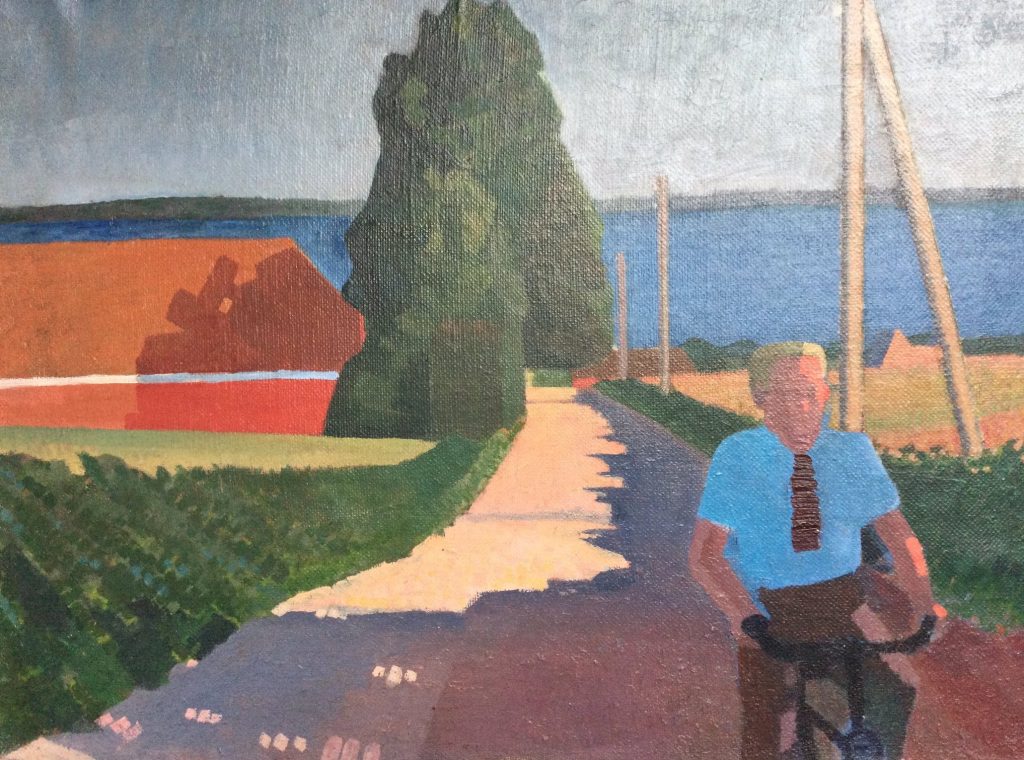
The birds chirped away. Fweet, Fweet, Bootchee-Fweet. Doing all the things naturalists say they do. Expressing abysmal depths of aggression, which only Man—Stupid Man—heard as innocence. We feel everything is so innocent—because our wickedness is so fearful.
Saul Bellow, Mosby’s memoirs
I have decided to stop blogging. And tweeting too, for that matter. In fact, I wish I had stopped while it was still uncomplicated to call it Twitter and to liken the medium to the chirping of birds. This morning, when I read Bellow’s reflections on “the abysmal depths of aggression” in birdsong that we mistake for innocence, the association was fearful indeed!
I have, of course, been thinking about this for some time. In fact, since I have been an active blogger for 20 years, I can date the feeling back to at least December 18, 2012. There is something peculiar about the way we have come to “think out loud” about everything. I think Bellow is on to something when he reminds us of the veneer of innocence we use to mask our aggression. We say we’re just speaking our minds, but at some level, sometimes altogether overtly, we’re demanding that everyone else make up their own — right now — and declare what side they’re on. People who don’t spend a lot of time online, people who don’t share their thoughts with us in so-called “real time”, are somehow suspect, vaguely criminal, like Winston Smith sitting in his corner, out of view of the telescreen, writing in his notebook. (They probably have sticky notes covering the lenses of their webcams too!) “If you want your privacy,” I once said, “you had better keep it like a secret.” Well, I haven’t been very good at keeping mine.
Late last year, I took up another idea that has been with me for almost as long. Are blogging and tweeting even writing, a form of literacy? Would it not be more appropriate, as Carlo Scannella has suggested, to think of them as oral media? I don’t think we are very good at “reading” (i.e,. hearing) each other this way. We hold each other to our words as if tweeting something is the same as “putting it in writing.” But we often don’t think carefully enough about the writing we do online to warrant such scrutiny. Mistakes are easily retracted (and even deleted) and, though sometimes regretted, we are happy to forget we ever wrote (i.e., said) the words. Like I say, we’re not correspondingly forgiving enough. If we were, social media would be a very different place. Though we’d still, I suspect, be up a tree.
Lately, I have been taking some strong stances against the use of AI writing assistants. It occurs to me that my avid use of social media makes me a bit of a hypocrite. It’s true that ChatGPT can’t write; but perhaps WordPress likewise can’t really publish. Being an author requires us to put a public face on our private thoughts. But the thoughts that I have been developing online are, in an important sense, born public. I haven’t been composing posts so much as a channeling ideas. “Entwittering,” I once called it. Maybe I haven’t been expressing myself, just internalizing the Internet? And the Internet, we must remember, is not an adequate representation of human civilization. I am going to have to go back to the library stacks and the drawing board. I’m going to have to recover my literacy, my culture, my humanity.
What will become of Inframethodology? I’m going to reorganize it into a website, rather than a blog. At some point, the front page will offer a point of entry to all the same resources that are here now, including Writing Process Reengineering and the two series of talks that I do every school year. As it will be less “current,” less topical (more “timeless”?), some things will be emphasized and others will be pushed into the background, but I will keep the archive of all the pasts posts. And the whole place will be searchable as usual. I’m not going to erase myself from the Internet. I’m just going to stop exposing myself to it continuously. I hope it will make me less aggressive, maybe a little kinder.
There are too many people that I should thank, and apologize to, for all they have done for me, and all I have done to them. I hope you know who you are. As for my offline activities … well, hopefully, I will see you around!